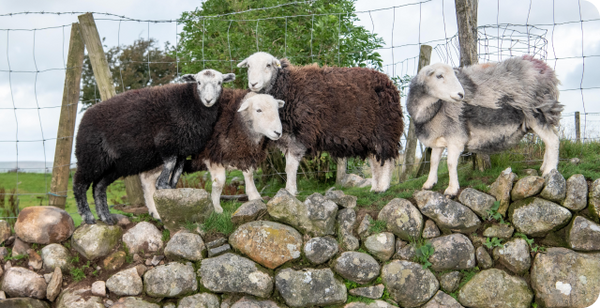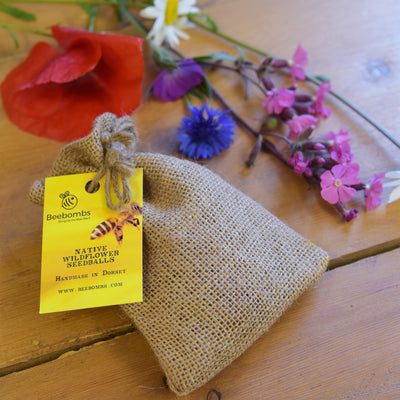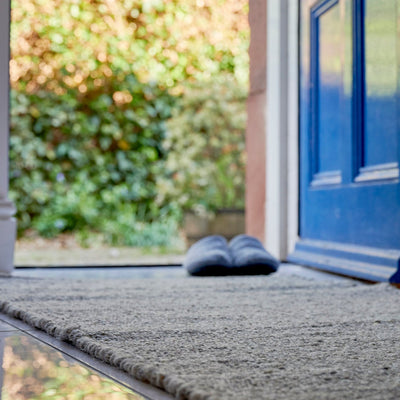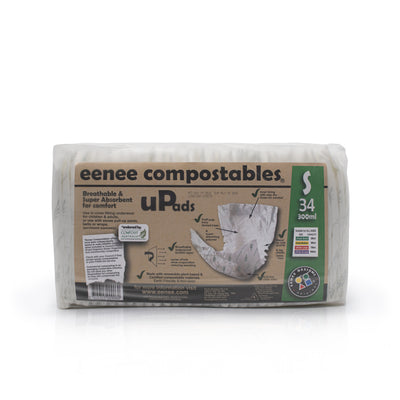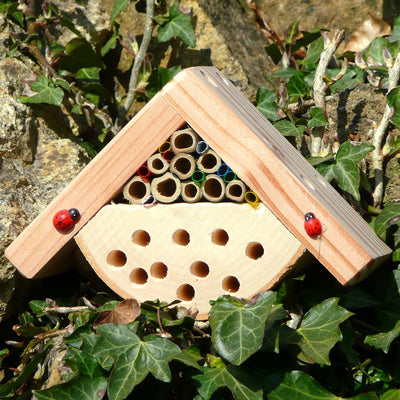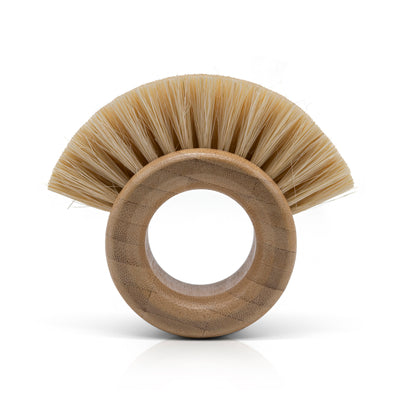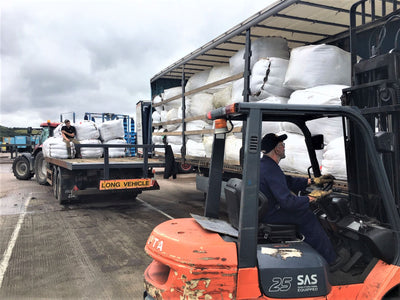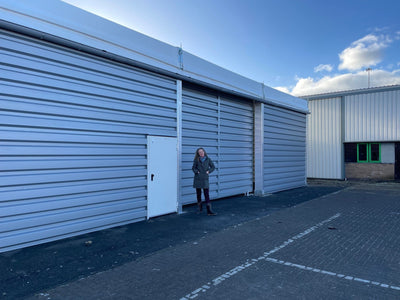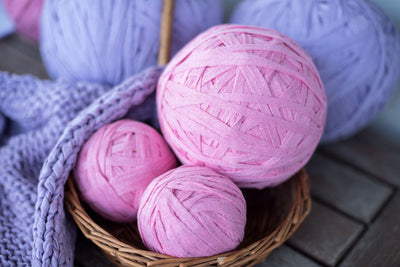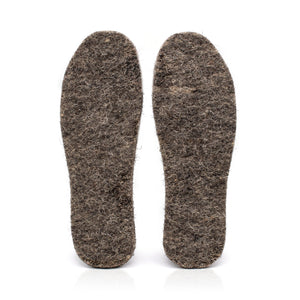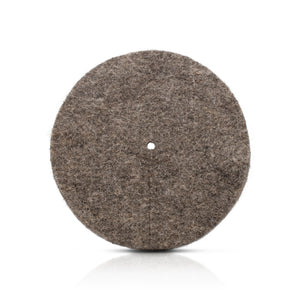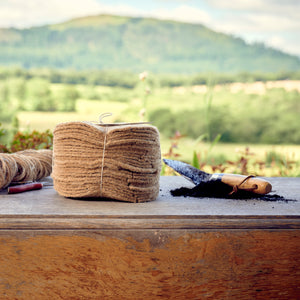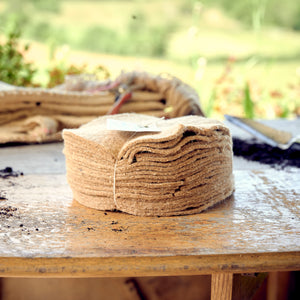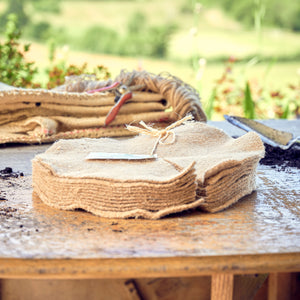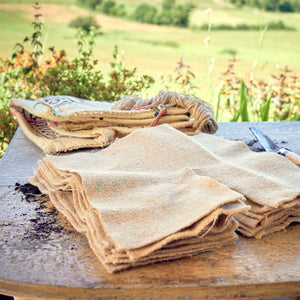What is Fair Trade Rubber?
The Fair Rubber Association was founded on June 21, 2012, with the aim to apply the principles of fair trade to products made of natural rubber, so that the tappers and small farmers involved in obtaining the raw latex milk (raw rubber) get help improving their living and working conditions. They currently pay a fair trade premium of EUR 0.50 kg/DRC (Dry Rubber Content). The farmers, plantation workers and tappers decide for themselves how they want to use the Fair Trade premium; whether that be access to clean drinking water, grants for students, or anything else that will benefit the workers.
These Fair Trade Rubber Planters are the perfect pots for your garden project. Natural rubber is a climate and environmentally friendly rubber; so friendly in fact, that the trees from which the natural rubber is tapped absorb more carbon dioxide than the tropical rainforest because of their high leaf density. On the other hand, synthetic/artificial rubber is made with fossil energy, contributing to global warming.
Why use these planters instead of regular plastic planters?
Plastic plant pots (PP, LDPE, HDPE) are lightweight and cheap, but once they’re broken and unusable, they’re difficult to recycle due to pigments used in the process of their manufacturing.
Our Rubber Planters are long-lasting, durable, reusable, and because of the flexibility of natural rubber, plants can easily be detached for repotting. They’re made from fairly traded FCS certified natural rubber, which is sustainable and renewable, and once these natural rubber planters have reached the end of their long life, they’re biodegradable too; so they’re better for the environment all-round.
Standard plastic planters and containers, while have been useful for gardeners, are not good for the planet. It’s estimated that there are around 500 million plastic plant pots in circulation each year, just in the UK alone. Not only is this an issue itself, but research undertaken by Horticulture Week in 2019 uncovered that a staggering 87% of councils that could recycle plastic plant pots, won’t. They instead get sent to landfills, where they take more than 400 years to completely break down.
What is plastic-free gardening?
Plastic-free gardening is exactly what it sounds like – gardening with no plastic! More and more people are turning to biodegradable and environmentally friendly products instead of the common, plastic alternatives, and together, we should be encouraging others to do the same. Of course, it’s not easy to just start using no plastic, especially considering gardeners are surrounded by plastic, whether it be seed trays, plant pots, compost bags or other GYO (Grow Your Own) accessories. Even just cutting down on the amount of new plastic you use by reusing the plastic you already have and buying plastic-free where you can would be a great start towards removing all the plastic from your garden.
Alternatives to plastic are slowly becoming more and more readily available, whether that’s plant pots, seed trays, or the plants themselves (most of the time you can just pop into your local garden centre and buy plants or seeds in some sort of plastic container, but if you take a bit of time to shop around in the right season, you might just be able to get them plastic-free!).
Do you have any other plastic-free gardening products?
Yes, plenty! In fact, pretty much all our gardening products are natural and plastic-free. As well as these Rubber Planters, we have our natural rubber root trainers, natural rubber seed trays, and a whole range of wool garden products including felt shillies, wool pellets and garden fleece. We also have lots of jute products like our mulch mats, hanging basket liners and jute roll for larger areas. Have a look around and see what other plastic-free items you could use in your garden.
What is Fair Trade Rubber?
The Fair Rubber Association was founded on June 21, 2012, with the aim to apply the principles of fair trade to products made of natural rubber, so that the tappers and small farmers involved in obtaining the raw latex milk (raw rubber) get help improving their living and working conditions. They currently pay a fair trade premium of EUR 0.50 kg/DRC (Dry Rubber Content). The farmers, plantation workers and tappers decide for themselves how they want to use the Fair Trade premium; whether that be access to clean drinking water, grants for students, or anything else that will benefit the workers.
These Fair Trade Rubber Planters are the perfect pots for your garden project. Natural rubber is a climate and environmentally friendly rubber; so friendly in fact, that the trees from which the natural rubber is tapped absorb more carbon dioxide than the tropical rainforest because of their high leaf density. On the other hand, synthetic/artificial rubber is made with fossil energy, contributing to global warming.
Why use these planters instead of regular plastic planters?
Plastic plant pots (PP, LDPE, HDPE) are lightweight and cheap, but once they’re broken and unusable, they’re difficult to recycle due to pigments used in the process of their manufacturing.
Our Rubber Planters are long-lasting, durable, reusable, and because of the flexibility of natural rubber, plants can easily be detached for repotting. They’re made from fairly traded FCS certified natural rubber, which is sustainable and renewable, and once these natural rubber planters have reached the end of their long life, they’re biodegradable too; so they’re better for the environment all-round.
Standard plastic planters and containers, while have been useful for gardeners, are not good for the planet. It’s estimated that there are around 500 million plastic plant pots in circulation each year, just in the UK alone. Not only is this an issue itself, but research undertaken by Horticulture Week in 2019 uncovered that a staggering 87% of councils that could recycle plastic plant pots, won’t. They instead get sent to landfills, where they take more than 400 years to completely break down.
What is plastic-free gardening?
Plastic-free gardening is exactly what it sounds like – gardening with no plastic! More and more people are turning to biodegradable and environmentally friendly products instead of the common, plastic alternatives, and together, we should be encouraging others to do the same. Of course, it’s not easy to just start using no plastic, especially considering gardeners are surrounded by plastic, whether it be seed trays, plant pots, compost bags or other GYO (Grow Your Own) accessories. Even just cutting down on the amount of new plastic you use by reusing the plastic you already have and buying plastic-free where you can would be a great start towards removing all the plastic from your garden.
Alternatives to plastic are slowly becoming more and more readily available, whether that’s plant pots, seed trays, or the plants themselves (most of the time you can just pop into your local garden centre and buy plants or seeds in some sort of plastic container, but if you take a bit of time to shop around in the right season, you might just be able to get them plastic-free!).
Do you have any other plastic-free gardening products?
Yes, plenty! In fact, pretty much all our gardening products are natural and plastic-free. As well as these Rubber Planters, we have our natural rubber root trainers, natural rubber seed trays, and a whole range of wool garden products including felt shillies, wool pellets and garden fleece. We also have lots of jute products like our mulch mats, hanging basket liners and jute roll for larger areas. Have a look around and see what other plastic-free items you could use in your garden.




